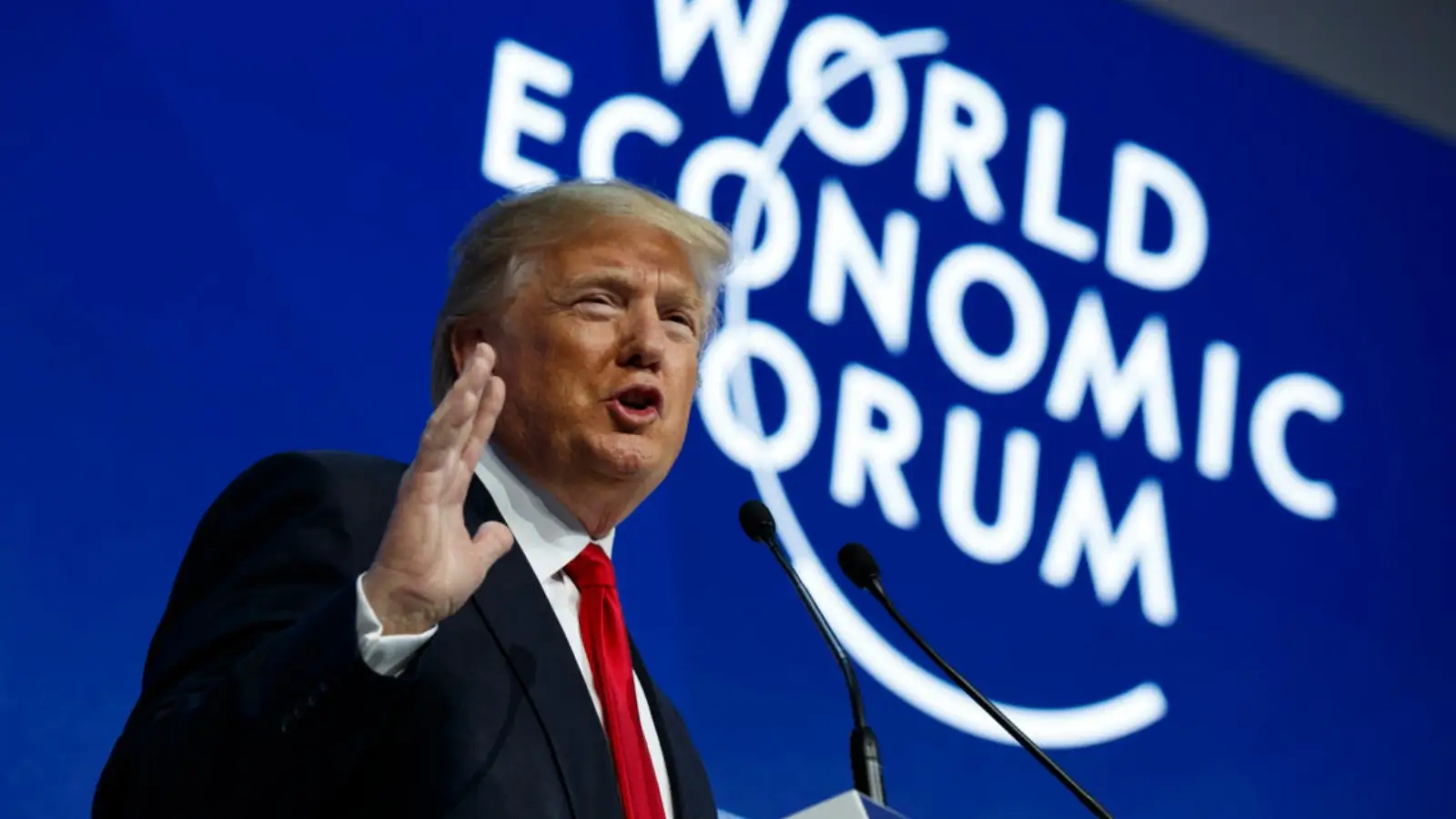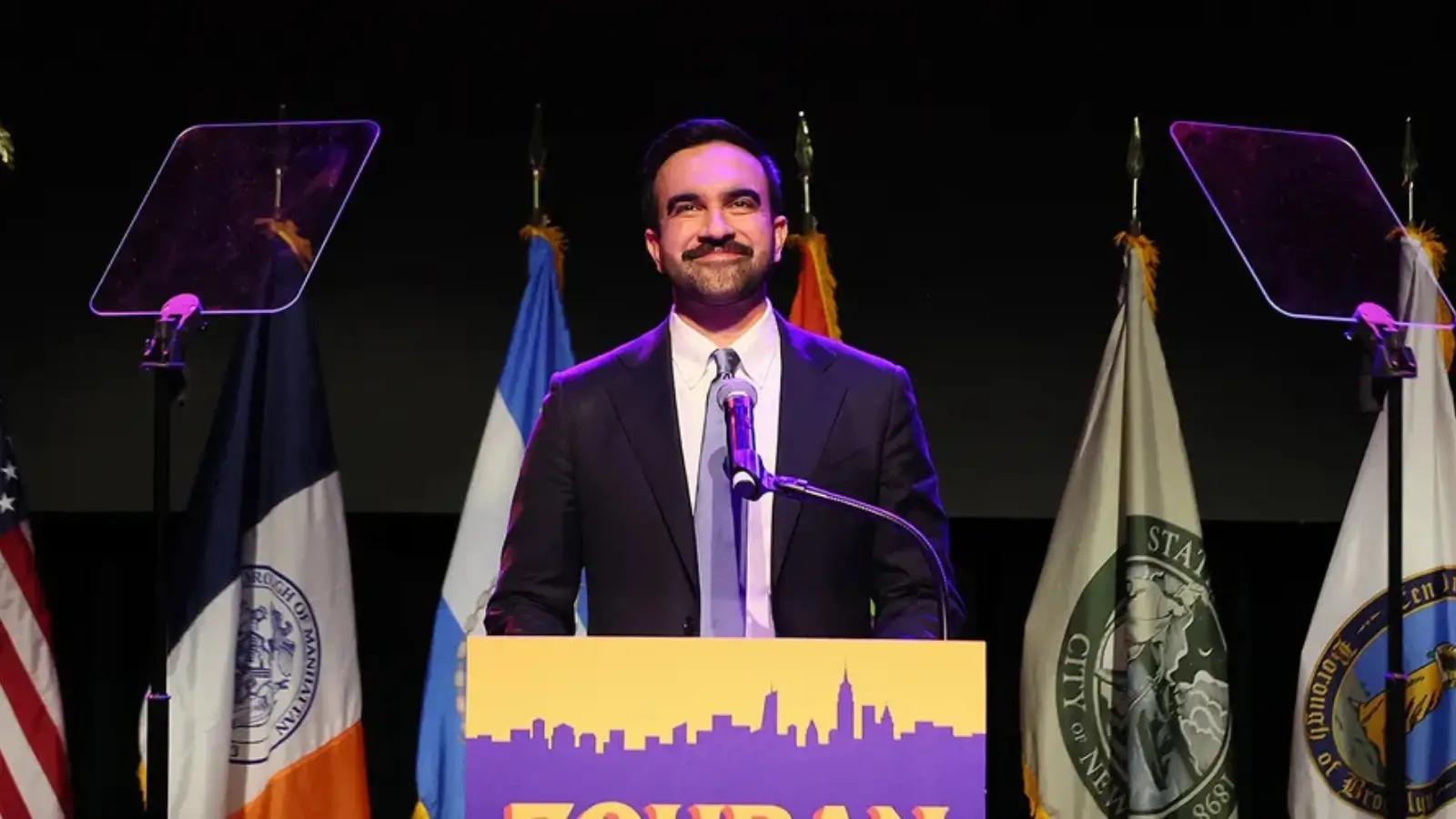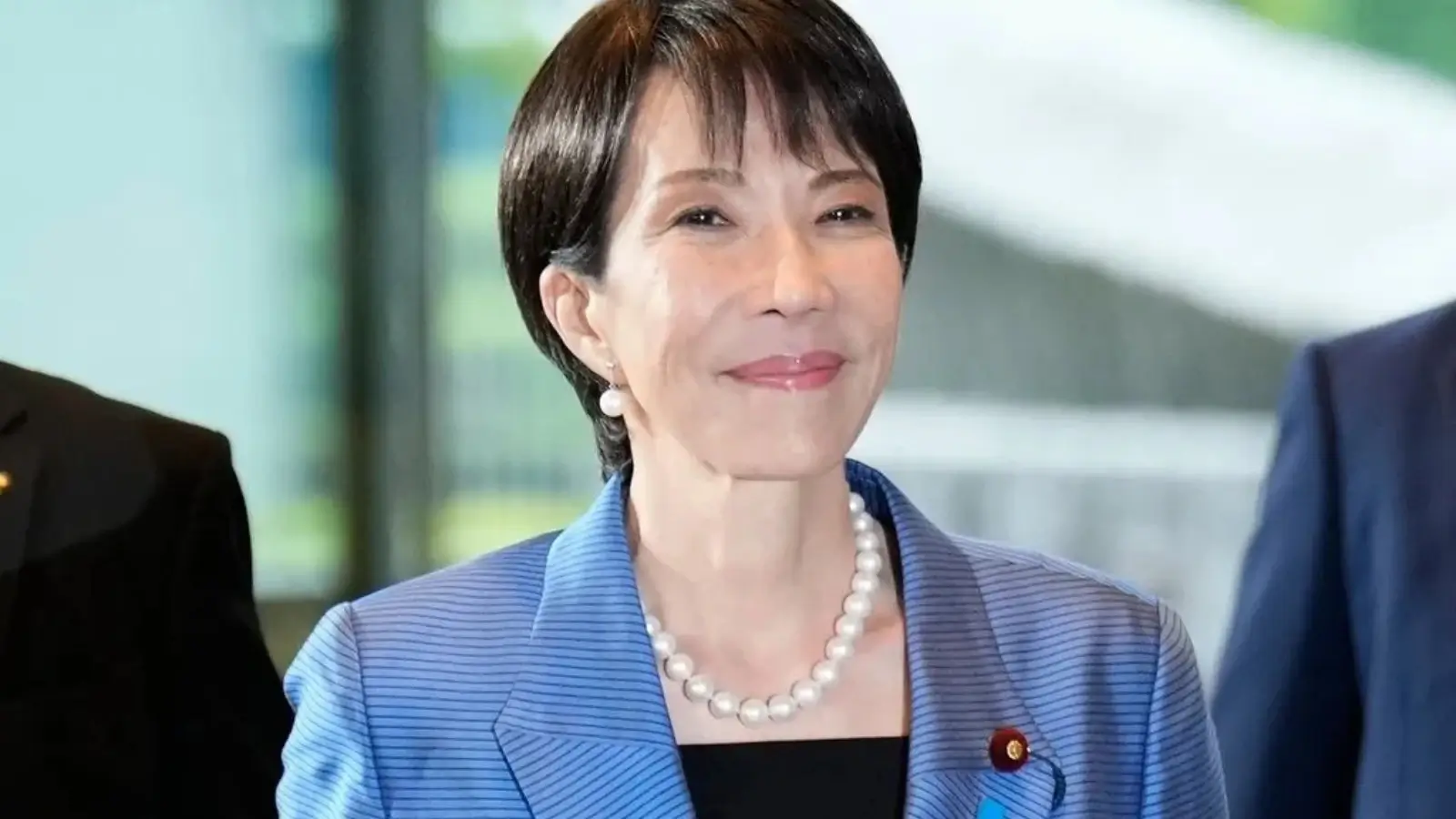President Trump Enacts Travel Ban on 12 Nations, Citing National Security
— President Trump signs a new travel ban targeting 12 countries, citing national security concerns and foreign terrorist threats.

U.S. President Donald Trump signed a proclamation instituting a comprehensive travel ban affecting citizens from 12 countries. The directive, effective June 9, 2025, aims to mitigate threats from "foreign terrorists" and address other national security concerns.
Countries Facing Full Entry Ban:
-
Afghanistan
-
Myanmar
-
Chad
-
Republic of the Congo
-
Equatorial Guinea
-
Eritrea
-
Haiti
-
Iran
-
Libya
-
Somalia
-
Sudan
-
Yemen
Countries with Partial Restrictions:
-
Burundi
-
Cuba
-
Laos
-
Sierra Leone
-
Togo
-
Turkmenistan
-
Venezuela
The partial restrictions primarily affect immigrant entries and specific non-immigrant visa categories, including B-1, B-2, F, M, and J visas.
President Trump emphasized the necessity of the ban in a video statement, asserting, "We will not allow people to enter our country who wish to do us harm." He also indicated that the list of affected countries could be revised based on evolving security assessments.
The African Union Commission expressed concern over the potential negative impact of the travel ban on educational exchanges, commercial engagement, and broader diplomatic relations. They urged the U.S. administration to adopt a more consultative approach and engage in constructive dialogue with the countries concerned.
This policy mirrors the controversial travel ban implemented during Trump's first term in 2017, which targeted several Muslim-majority countries and was later overturned by President Joe Biden in 2021. The reinstatement of such measures has reignited debates over national security and immigration policies.

















